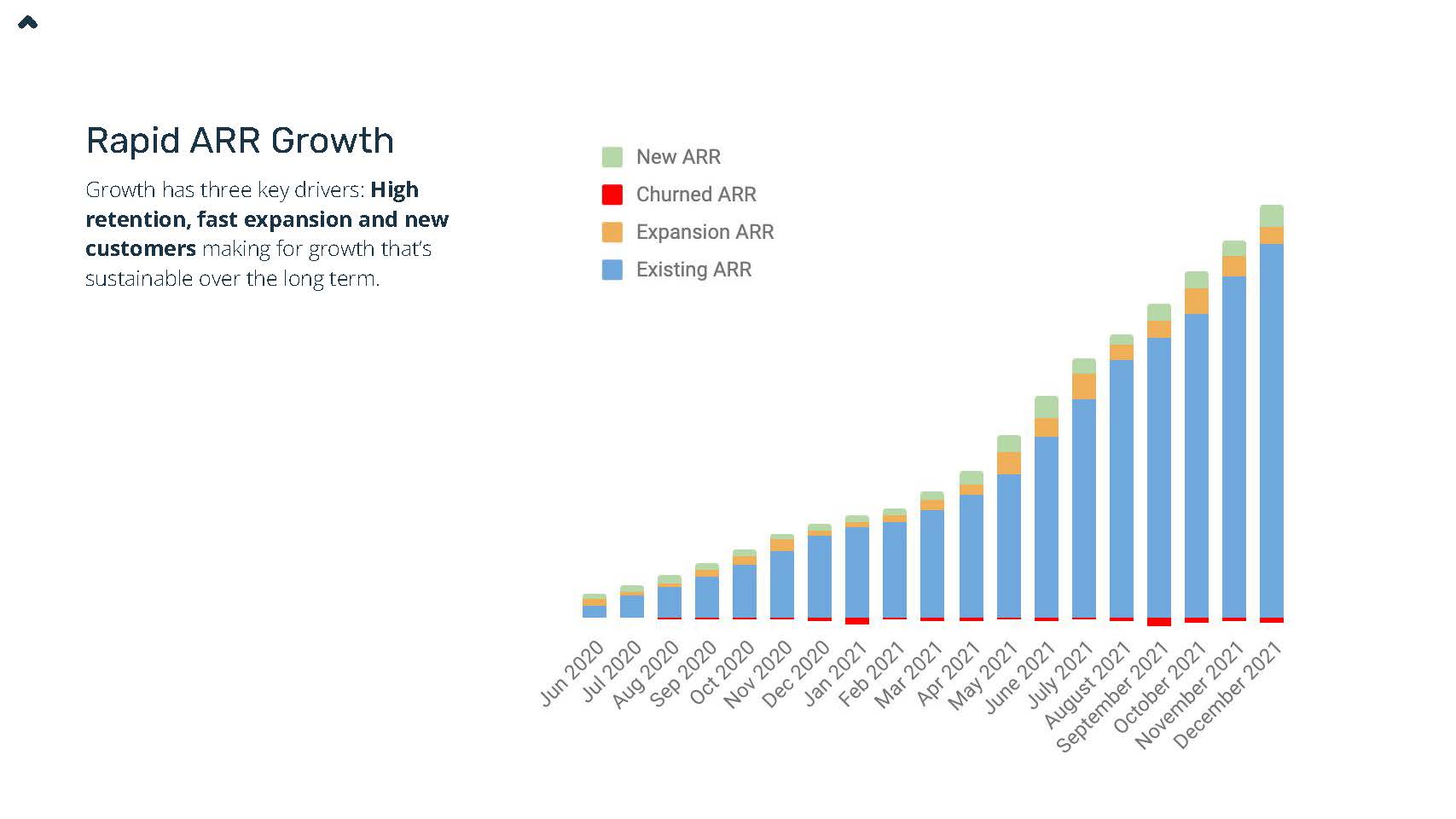
Russian lawmakers have approved a groundbreaking new law allowing the use of cryptocurrency for global transactions as the country continues to face intense financial pressure from Western sanctions.
On Tuesday, the State Duma, the lower house of the Russian Parliament, granted initial approval for the legislation.
This new law will enable businesses to conduct cross-border trade using cryptocurrencies, according to local media reports.
Anatoly Aksakov, head of the Duma, described the move as a historic decision in the financial sector during a speech to lawmakers on Tuesday, according to Reuters.
Payments are expected to commence before the end of 2024
Escalating tensions between Russia and the US and its allies have led to extensive sanctions targeting individuals and entities in Russia in response to its invasion of Ukraine.
The US, European Union, and Britain have intensified their sanctions since the February 2022 invasion, focusing on President Vladimir Putin, Russia’s financial sector, and numerous oligarchs.
In response, Russia is legislating to allow international transactions via cryptocurrency for Russian firms.
Additionally, the Russian central bank will gain the authority to transfer funds abroad using private digital currencies.
Elvira Nabiullina, the governor of Russia’s central bank, announced on Tuesday that crypto-based payments are expected to commence before the end of 2024.
“We are already discussing the terms of the experiment with ministries, departments, and businesses, and we anticipate the first payments to occur before year-end,” she stated.
This shift represents a significant reversal from the central bank’s previous position.
In January 2022, the central bank proposed banning cryptocurrency transactions and mining, citing concerns over financial stability, citizen welfare, and monetary policy control.
Russia is also advancing plans for a digital ruble.
Nabiullina revealed that the central bank aims to transition from a pilot phase to full-scale implementation of the digital ruble by July 2025, according to Interfax.
Unlike decentralized cryptocurrencies like Bitcoin, Central Bank Digital Currencies (CBDCs) are government-issued digital tokens designed to mirror traditional fiat currencies.
Can cryptocurrency help evade sanctions?
Russia’s move to embrace cryptocurrency will facilitate cross-border payments with countries and businesses otherwise restricted due to US sanctions.
Sanctioned countries have often turned to cryptocurrencies to bypass financial restrictions.
North Korea, for example, has been accused of using digital currencies to fund state programs and evade sanctions.
The Lazarus Group, a North Korean hacking organization, was reportedly responsible for a massive heist on the Ronin Network, stealing over $600 million in digital tokens.
Similarly, Iran has been reported to exploit digital currencies to circumvent international trade barriers.
However, proponents argue that cryptocurrencies offer transparency and security.
The blockchain technology underlying digital assets provides a public and immutable record of transactions, which can help deter illicit activities despite its potential misuse.
The post Russia approves cryptocurrency for international trade amid sanctions pressure appeared first on Invezz



![Kusama [KSM] explodes 119% in one day – How DOT helped](https://ambcrypto.com/wp-content/uploads/2024/11/Michael-KSM.webp)











 English (US) ·
English (US) ·